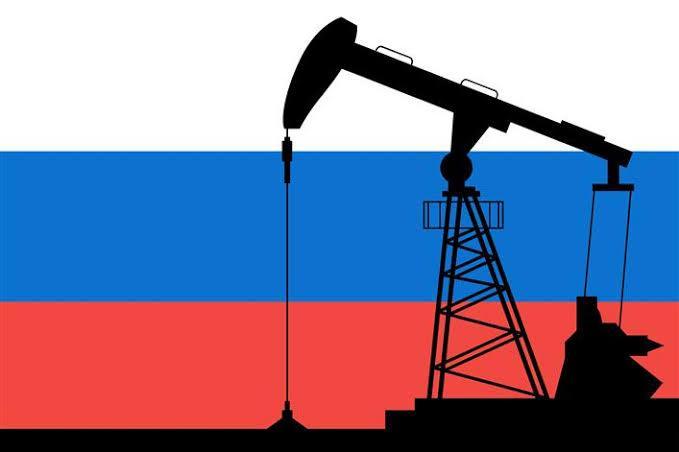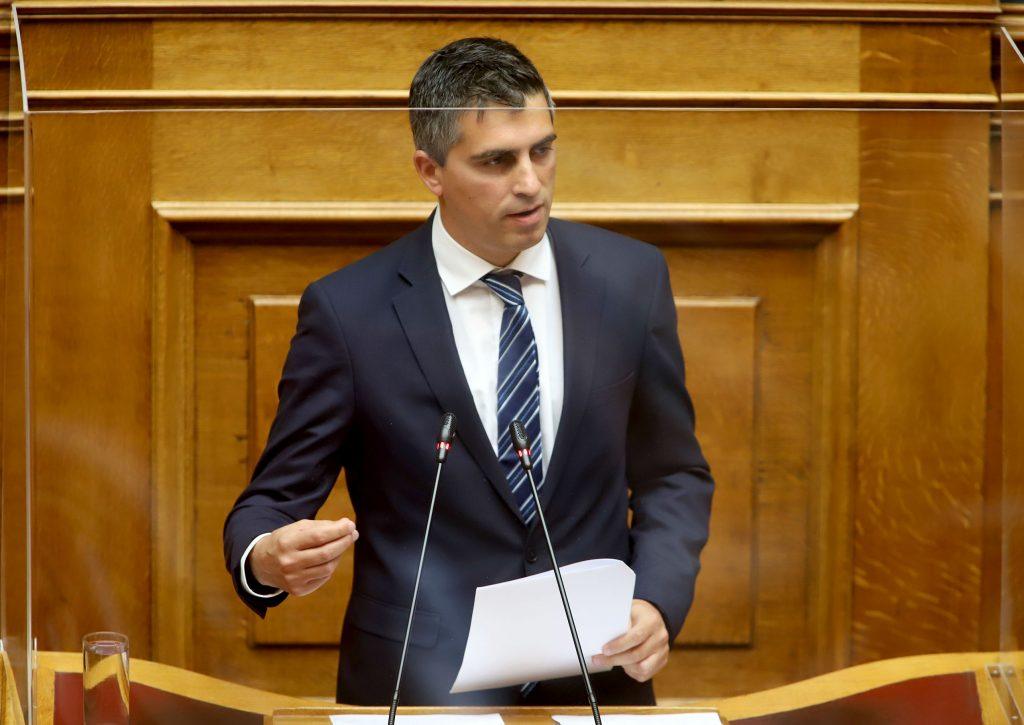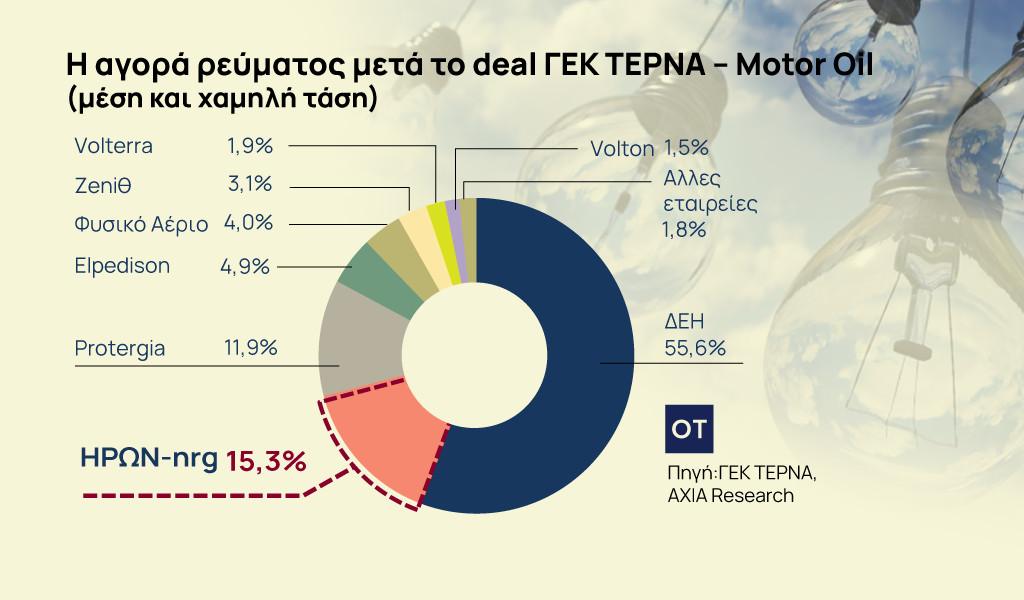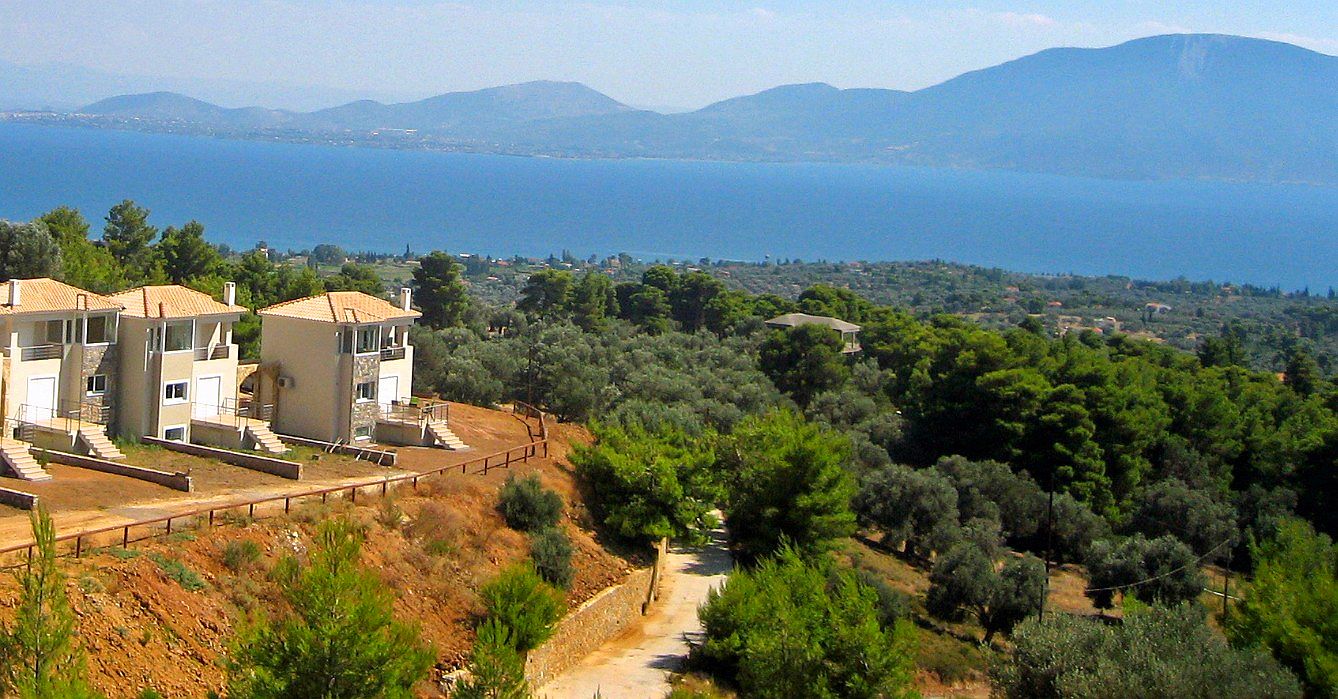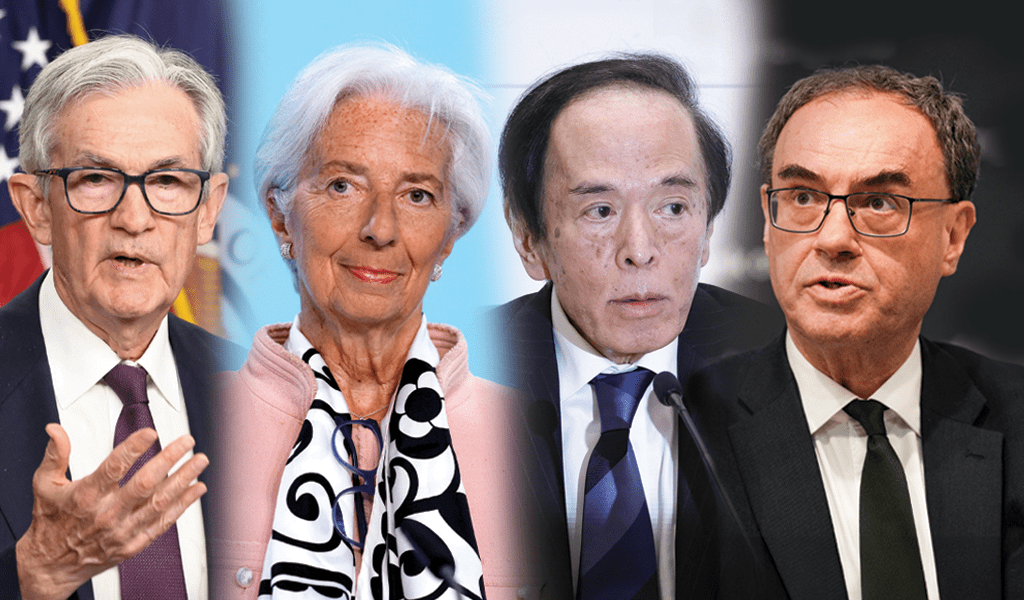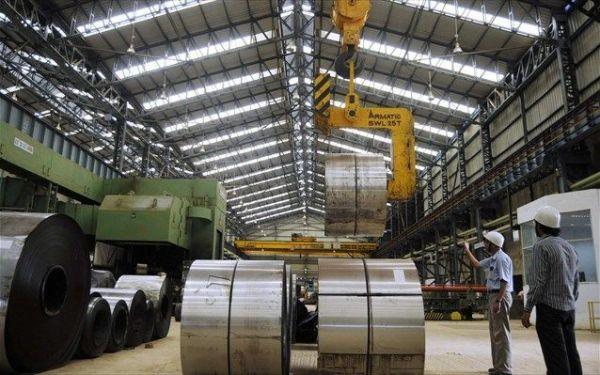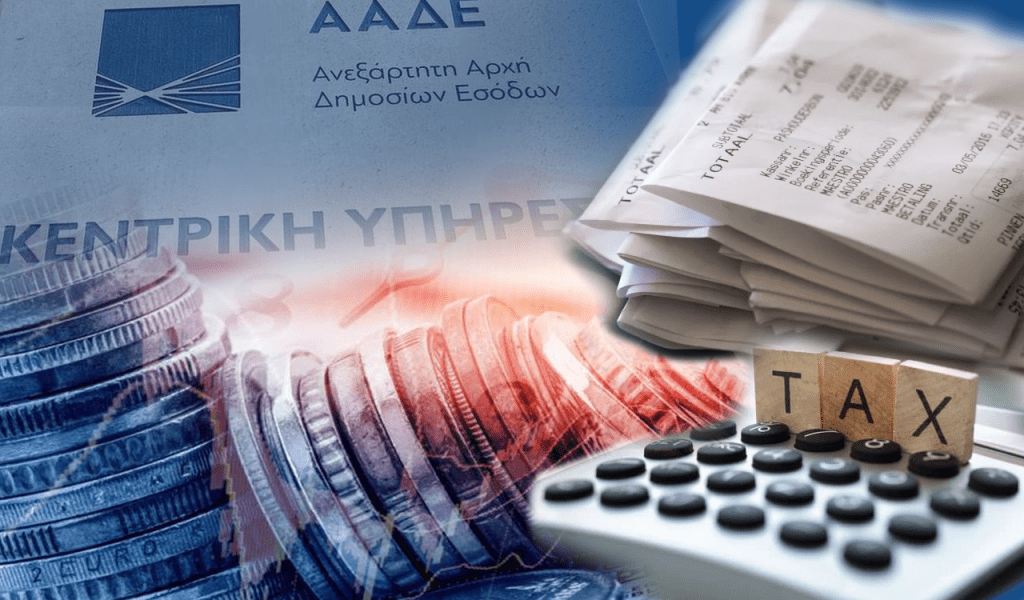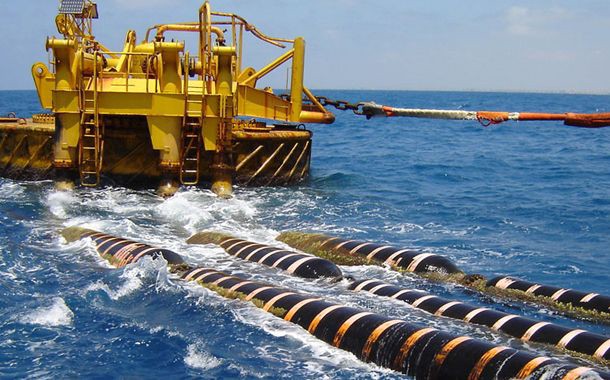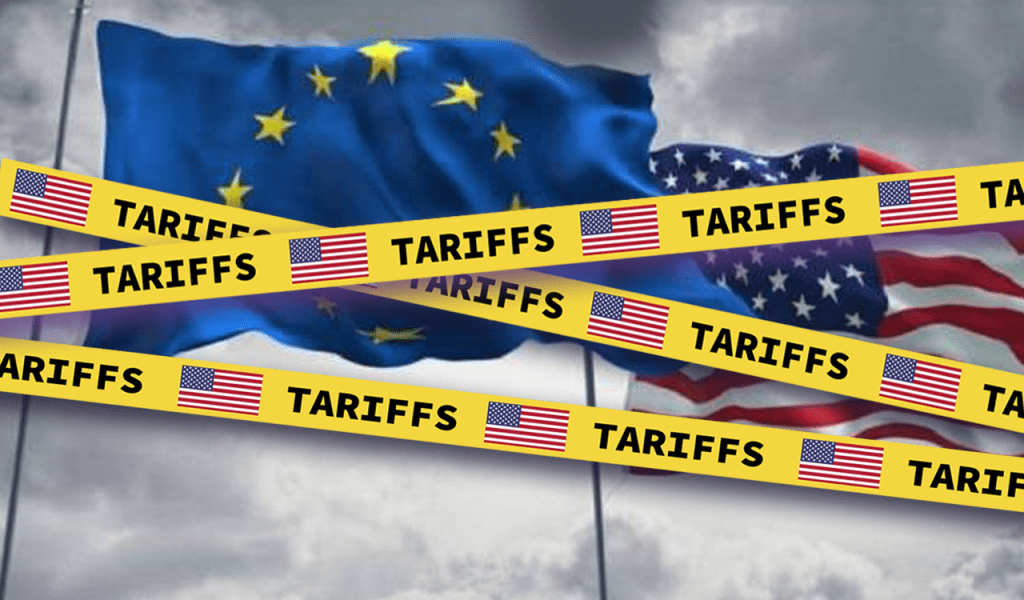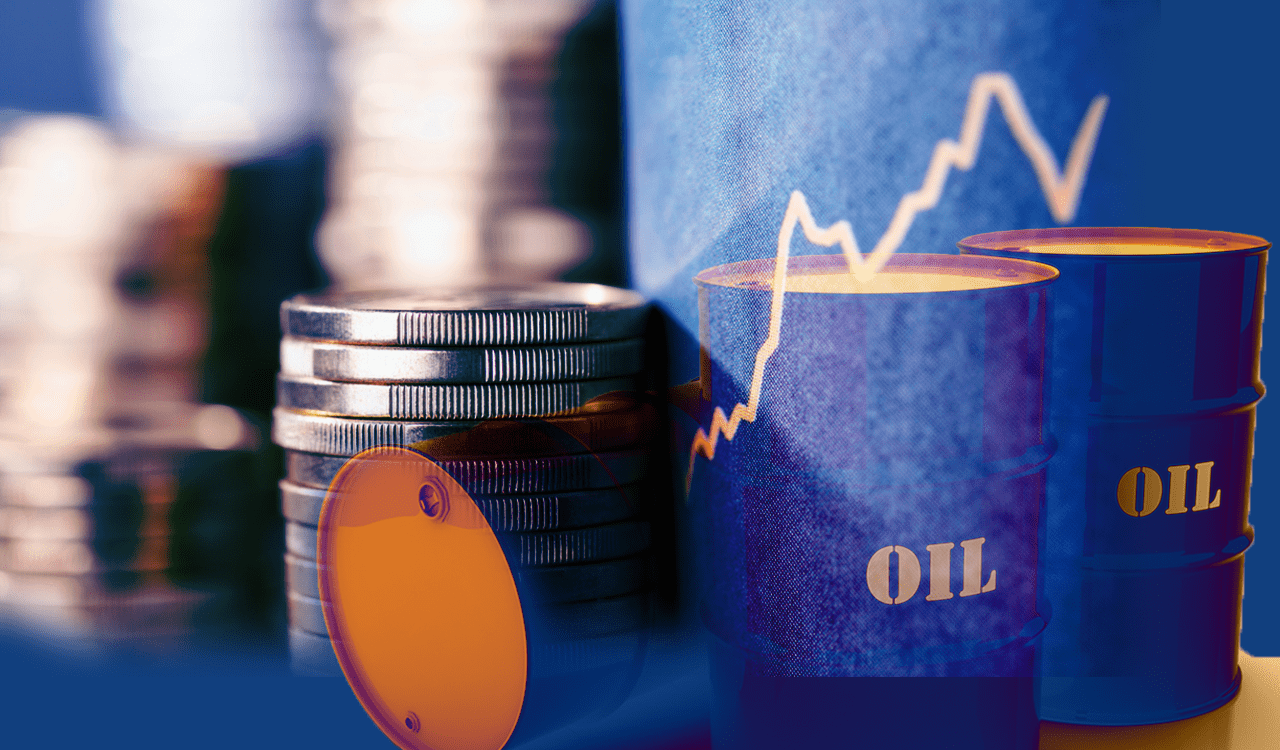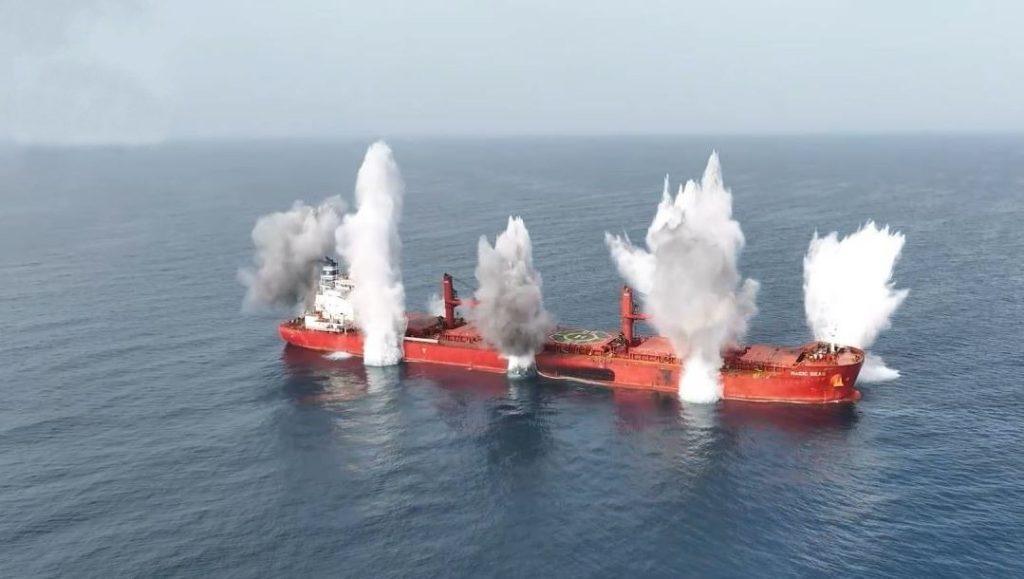The need for the immediate promotion of energy diversification within the EU, but also for greater resilience to geopolitical developments, was underlined by the participants in a discussion on “From Green Energy to Security”, held as part of the East Med & Southeast Europe conference, which the Delphi Economic Forum organized in Brussels.
On the occasion of the developments in the energy sector triggered by the Russian invasion of Ukraine, Mary Bruce Warlick, Deputy Director of the International Energy Agency commented that Europe and the world are rightly focused on immediate energy needs that have arisen, taking quick action and making difficult decisions, but the focus should also be on how to ensure energy security more generally.
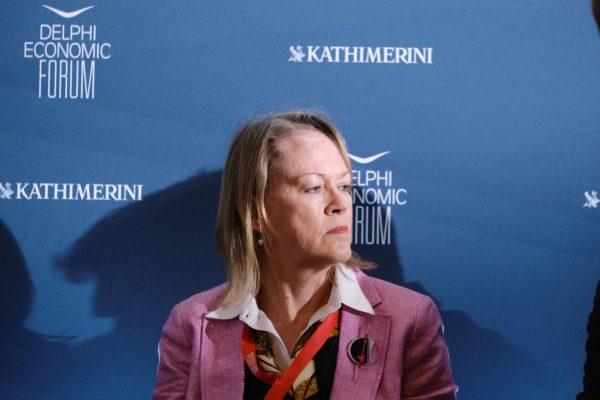
Mary Bruce Warlick
Mary Bruce Warlick referred both to the discussions taking place within the EU on energy diversification and to the fact that the relevant European mechanisms are moving quickly on the issue of the development of Renewable Energy Sources. As she pointed out energy security does not necessarily mean energy autonomy, but seeing differentiation seriously characteristically, pointing out the need for this differentiation to concern both sources and routes.
Greece will double its export potential
The important steps that Greece has taken in the field of diversification of energy sources and routes in recent years, with a series of projects that contribute in this direction (Revythoussa, Greece-Bulgaria IGB natural gas interconnector, Alexandroupolis, etc.) underlined Maria Rita Gali, managing director of Greece’s natural gas transmission system operator DESFA, even saying that in the next three years Greece will be able to increase its export potential from 2.3 bcm to over 6.5 bcm.
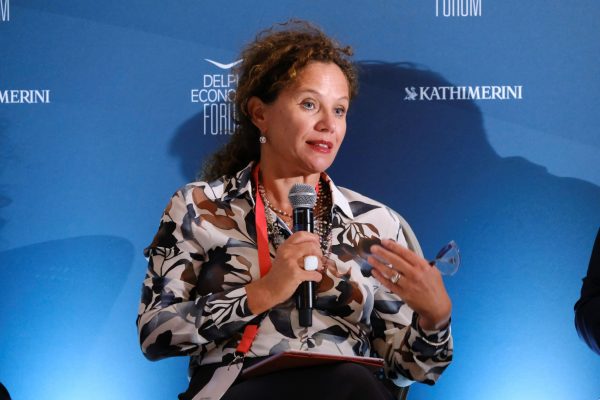
Maria Rita Galli
Regarding the region more broadly, she noted that there is still no full connectivity and that the lack of infrastructure is something that must be addressed and is a big challenge. She also referred in this context to the many and rapid steps taken in cooperation with Bulgaria, when the energy crisis broke out, and in this context she praised the importance of wider cooperation to promote the diversification of energy sources.
Greater resilience
The assessment that Europe should acquire greater resilience and move away from Russian dependence in the energy sector was expressed by Mario Nava, Director General for Structural Reform Support at the European Commission.
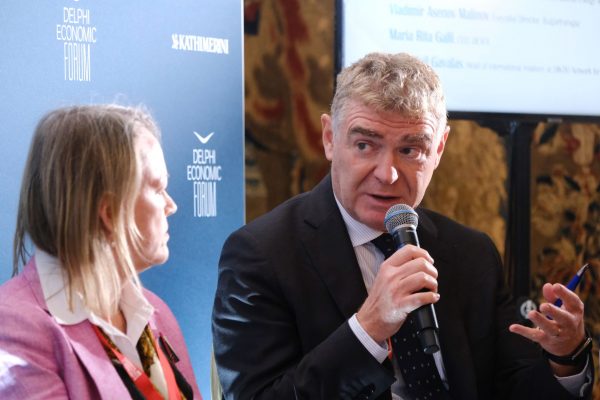
Mario Nava
In fact, as he pointed out, 85% of European citizens agree with moving away from Russian dependence.
Three pillars
He also emphasized that there are three pillars on which energy developments and related policies should move and they concern: energy sufficiency and the reduction of energy demand, the diversification of fossil fuels and the promotion of Renewable Energy Sources. In particular, regarding RES, he said that it is something that has already been worked on in the context of the “Green Deal” and he estimated that any problems that exist with licensing in this particular sector are mainly of a bureaucratic nature and should be overcome.
Energy independence
“Energy independence is key to geopolitical security,” Bulgartransgaz CEO Vladimir Asenov Malinov emphasized in his statement.
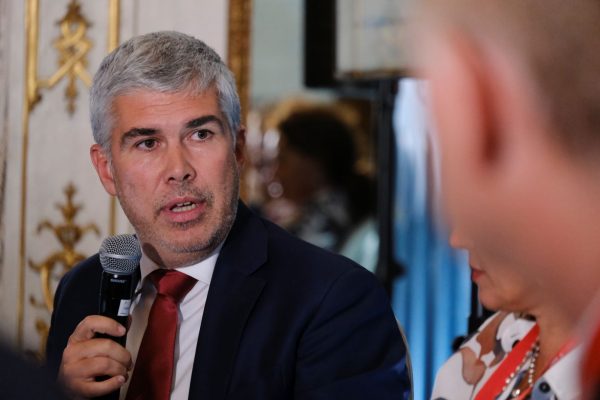
Vladimir Asenov Malinov
He noted that the developments after the Russian invasion of Ukraine demonstrated the importance of solidarity at the regional level and the need to take joint actions, while he underlined the fast track procedures in the cooperation between Greece and Bulgaria in order to overcome the consequences of the energy crisis. In view of the winter, which is expected to be severe, he noted that his country naturally needs the necessary amounts of energy that will help it achieve energy independence, but this energy should be at affordable prices.
Mr. Malinov emphasized that he sees a dynamic of cooperation between the EU and the USA, between the EU and Azerbaijan and also with Egypt and referred to the prospects of the region for its evolution into an energy gateway for the entire SE Europe region.
As far as natural gas is concerned, he estimated that it will remain the main “transitional fuel” for a few more years, but in the meantime, as he underlined, “we will have to prepare our systems and networks for other forms of energy such as hydrogen, which I believe that it will replace natural gas”.
The role of Egypt
In his country’s emergence as an international energy hub, Dr. Dr. Badr Abdelatty, Ambassador, Ambassador, head of Egypt’s diplomatic mission to the EU, pointing out that a key reason for this is the country’s strategic position between Africa, Europe and Asia, but also the fact that it is developing into “key player” in a number of important energy sectors, while also possessing the Suez Canal, one of the world’s most important waterways.
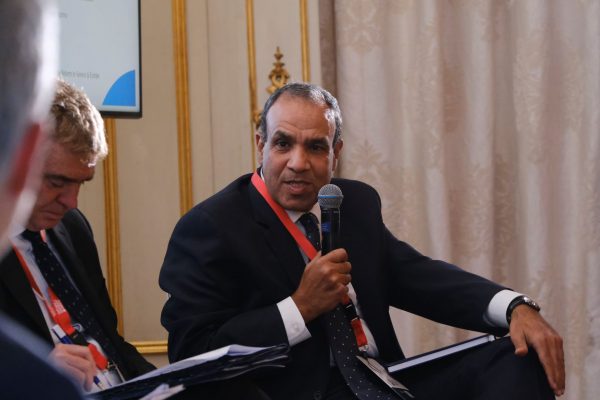
Dr. Badr Abdelati
Egypt is now able to export energy, the Egyptian Ambassador stressed, and pointed out that his country “is number one in the production of energy from RES in the Middle East and the wider African region”, while “it has also become a ‘player’ in green hydrogen”.
Another important element, as he underlined, for the evolution of Egypt into an international energy hub is the fact that the country has the appropriate infrastructure, while he also referred to the energy cooperation with Israel which has taken on very important dimensions, as well as the MOUs it has sign Cairo with Athens and Nicosia.
Wanting to demonstrate the export power that Egypt has acquired in the energy sector, he pointed out that this year his country managed to double its LNG exports to Europe. “We have the infrastructure, the resources and the know-how,” he stressed.

